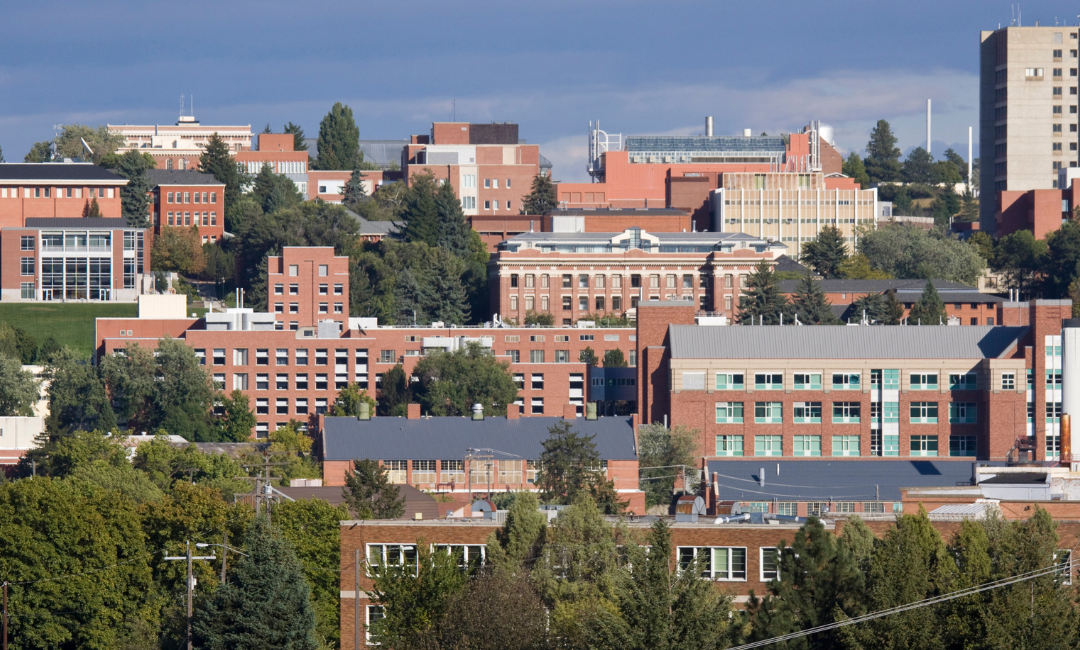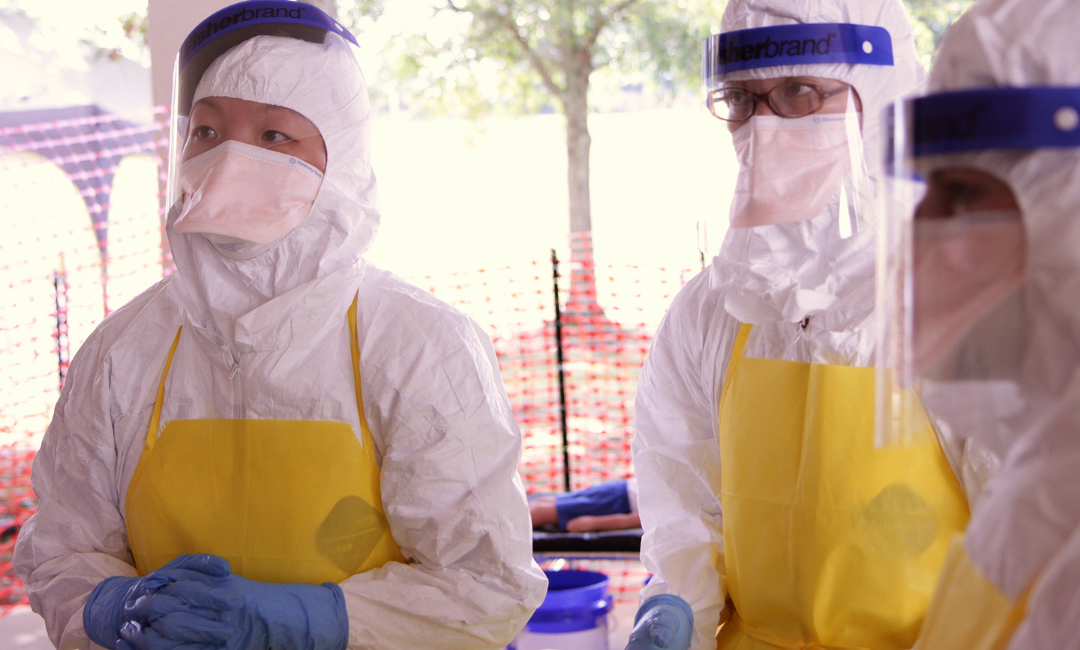Upward Trends in Nursing Students, RN Staffing
The Mercer report also projected a registered nurse (RN) surplus across most of the United States. Texas is expected to see a surplus of nearly 8,000 RNs, followed by a surplus of roughly 5,500 in California. Only 13 states are projected to have an RN shortage.
In keeping with the data, the University of Connecticut School of Nursing’s Class of 2028 is its largest to date, with 219 students accepted from more than 3,800 applicants.
Hospitals and nursing schools in Pennsylvania also have seen positive indications in their graduating and incoming classes and decreases in staff turnover. The (Pennsylvania) Tribute-Democrat reported in late August that the data suggests a “rebound of interest” in nursing.
“Through the pandemic, there were incredible challenges,” Bertoty said. “Some would say historic challenges. People left the profession. People took time off. Many very talented nurses took the opportunity to travel and get into travel nursing. I think we’ve turned the corner where the pandemic is behind us. We’ve refreshed things.”
Earlier this month, Florida Gov. Ron DeSantis touted his state’s “success in enhancing the nursing talent pipeline” through state programs. He approved $130 million in the Focus on Florida’s Future budget for the programs, according to a news release.
Prearing for Nursing Workforce Stabilization
One hospital leader in New Jersey told Becker’s Hospital Review she believes there’s a move toward “stabilization” in nursing, but health systems need to ensure there’s support for younger nurses entering the profession.
“It’s not just you’re hiring a nurse for today, but understanding that growth is going to be the expectation, and do we have those supports and resources in place for nurses to grow so that we can retain them in this environment, in whatever specialty or area of practice they move into,” said Marie Foley-Danecker, DNP, RN, vice president and chief nursing officer at Hackensack Meridian Health Ocean University Medical Center.
Earlier this year, Nursing CE Central discussed the nursing industry’s trend toward younger practitioners and how some retired nurses would consider returning to the workforce in a mentorship capacity. At the time, surveys indicated that early-career nurses sought out environments where they could learn from more tenured practitioners.









